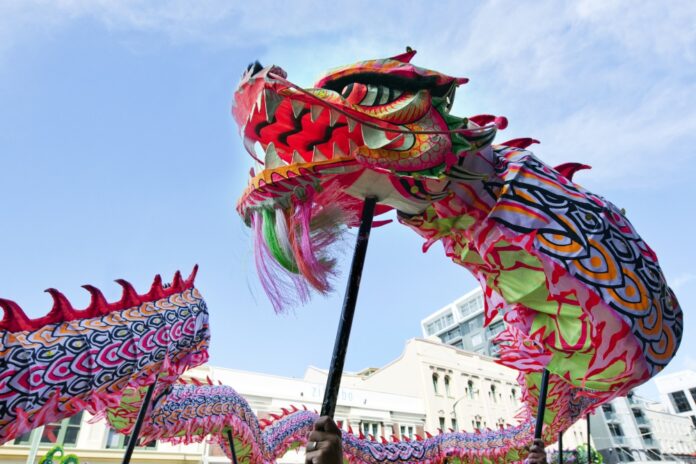Being blacklisted by the US Administration last May is taking its toll, with a 10% shortfall on predicted revenues in 2019. There are other factors too.
The world’s largest telecoms equipment vendor saw growth slow across every division when it reported its 2019 results yesterday.
Previously sales in China had largely made up for the fallout from the trade war with the US, and American accusations of the company acting for the Chinese state, industrial espionage and breaking international trade sanctions.
The lockdown in China has hit sales of smartphones hard – falling by almost 70% in February – and worse than the drops suffered by Xiaomi, Apple and Samsung: other homegrown Chinese phone brands, Oppo and Vivo, at the bottom end of the market have done considerable damage.
Another factor is being denied access to updates to the Android operating system, despite major lobbying efforts by Google to the US Administration to lift the ban. This will bite increasingly hard.
Heavy reliance on US
Huawei has made major efforts to source more components locally, but remains heavily reliant on the US for parts, especially silicon and software. It’s spending with US firms rose 70% last year despite the blacklisting, which was eased by a series of exemption periods. In 2019, Huawei spent $18.7 billon with US companies, compared with $11 billon the year before.
While 5G has taken something of a backseat in many markets due to the Covid-19 pandemic, with operators concentrating efforts on increasing capacity and ensuring the resilience of existing infrastructure, it looks likely to accelerate now in China.
New model internet
However, this might not help in many of its overseas markets, particularly Europe. A number of countries have restricted the proportion of national infrastructure that can run on Huawei kit, but possibly an even bigger issue will do more damage.
The Financial Times [subscription required] has published a detailed report about how the Chinese government, Huawei and the state-owned Chinese operators, have proposed a new operational model for the internet to the International Telecommunication Union (ITU), which is part of the United Nations.
They say the proposed new architecture, called New IP, will better support futuristic applications like autonomous vehicles. Critics say it plays into the hands of authoritarian regimes, giving authorities the ability to micromanage citizens’ use of the internet.
Dangers of splinternet
According to the FT, the UK and Swedish governments and the US Adminstration, have objected to the Chinese proposals, fearing it will create a ‘Splinternet’, while Russia is in favour and others including Saudi Arabia are allegedly interested. Huawei has said some of the new technology will be ready for testing as soon as next year.
ITU draws up standards to be implemented in telecoms networks around the world and has almost 200 member countries. They include many in the Africa, the Middle East and Asia which are recipients of technology from China through the government’s Belt and Road strategy, which was launched in 2013.
The strategy is viewed by many as a thinly veiled way to boost China’s dominance.


